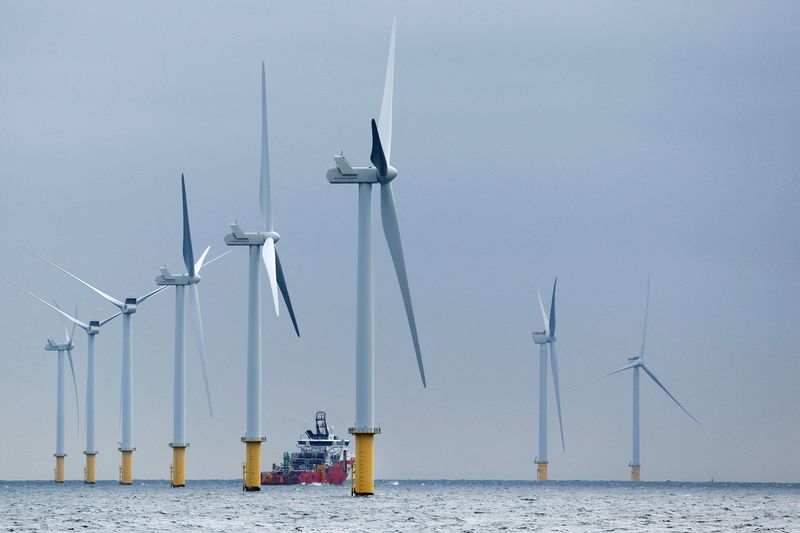MILAN (Reuters) – To prevent potential losses in the value of global stocks that could exceed 50%, decision-makers must adopt aggressive policies to tackle climate change, according to a 74-page paper published by think-tank EDHEC-Risk Climate Impact on Wednesday.
WHY IT’S IMPORTANT
The report highlights how physical climate damage and transition costs can significantly impact stock values, providing crucial insights for investors. Regulators are also urged to understand how a decline in the value of climate-sensitive assets within key financial institutions could pose a threat to financial stability.
BY THE NUMBERS
The extent of potential losses hinges on the aggressiveness of emissions-reduction policies. The study suggests that over 40% of global equity value is at risk in a scenario with minimal action, with losses potentially exceeding 50% near climate tipping points. The report emphasizes the urgent need for decisive action to limit losses to below 10%.

KEY QUOTE
“Current valuations are most consistent with two market beliefs: either that very strong and effective abatement action will be undertaken, and climate change will therefore be brought under control; or that climate change, even if poorly abated, will have a negligible effect on economic output and consumption. Since neither assumption should be considered a very likely scenario, we have argued that there is ample potential for equity revaluation,” stated the report led by professor Riccardo Rebonato and his research team.

